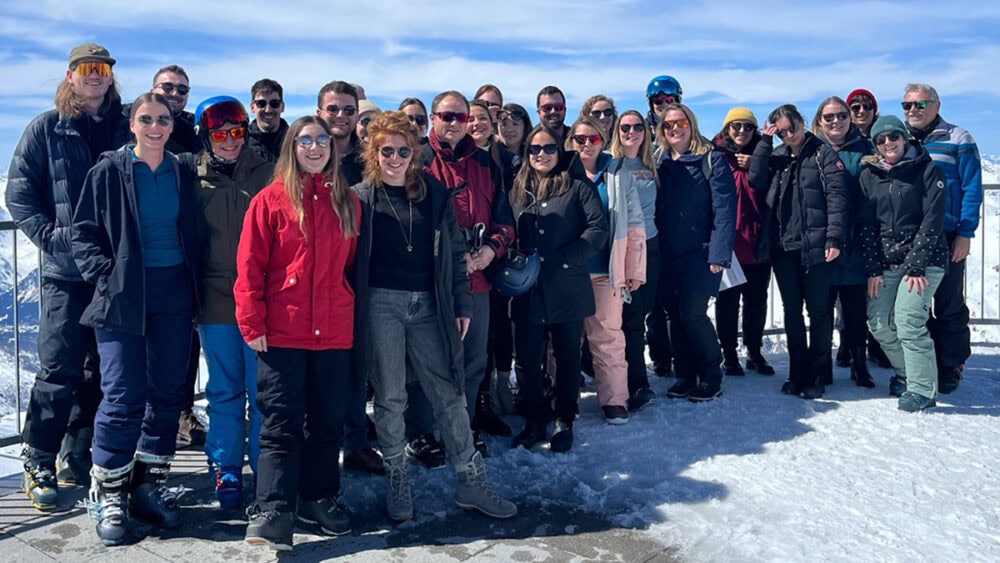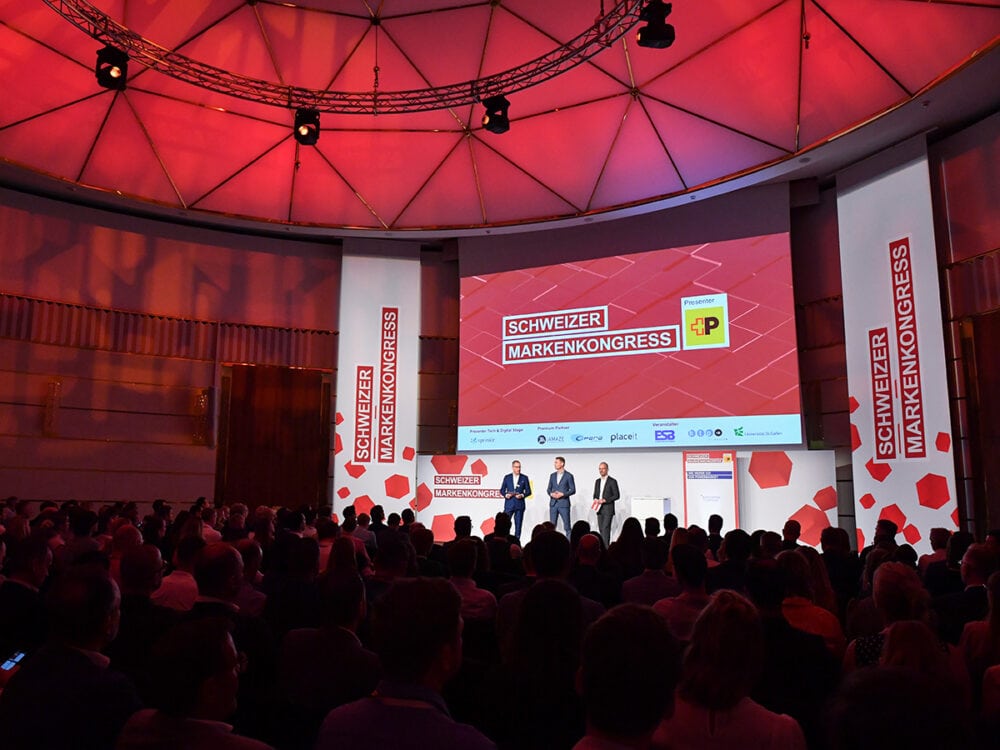Images of the future for the Lake Constance region
DESTINATION A team of researchers surveyed around 1000 decision-makers on how they see the Lake Constance region in 2030. One need for action is to create an energy-autonomous climate region.The results of the study were presented at the "Lake Constance 2030" future forum. "The important thing is not to predict the future, but to be prepared for it," said Dr. Roland Scherer of the University of St.Gallen, explaining the motivation [...]
The results of the study were presented at the future forum "Lake Constance 2030". "It is not important to predict the future, but to be prepared for it," Dr. Roland Scherer from the University of St.Gallen explained the motivation for the study. There had been no strategic discussion of the region's future until now, he said. The "Foresight Study" combines trend analyses with participatory procedures such as expert surveys and workshops to gather information that will determine the future - visions are then developed from this information.The research team consists of scientists from the Universities of Constance, Liechtenstein, St.Gallen and Zeppelin University in Friedrichshafen. The project "Lake Constance 2030" was funded by the International Lake Constance University - the association of thirty universities in Germany, Austria, Liechtenstein and Switzerland. The researchers focused on the topics of economy, tourism, labor market and spatial planning. The focus was on questions such as: What are the relevant trends and their significance for the region? What challenges does this pose for the economy, politics and society? Where are cross-border activities needed? What images of the future are emerging from this?Four countries - similar challenges"It is astonishing that the results were very similar in all four countries bordering Lake Constance," says Thomas Wöhler from Surveylab at the University of Konstanz. "These common interests - for example, in the shortage of skilled workers or the inadequate transport infrastructure - are conducive to difficult international coordination." Wöhler sees a particular need for action in the standardization of local public transport (ÖPNV) and better transport infrastructure. "This would promote a greater awareness of the common living space, relieve the housing markets and promote economic development."The IBK is in demandPeter Droege, professor at the University of Liechtenstein, criticizes the fact that progress has been slow on some of the explosive topics for the region. He is all the more pleased with the high level of participation in the Lake Constance 2030 project - a total of over 1,000 people were surveyed. "It would be important to create the first energy-autonomous climate region here." For this, he says, existing initiatives need to be strengthened. For cross-border cooperation, he sees above all the International Lake Constance Conference IBK in the obligation. Dr. Roland Scherer of the University of St.Gallen also sees it that way: "It plays an important role - but not the sole one." Some issues must also be solved within the countries or locally - there is no need for cross-border coordination and cooperation everywhere.In addition to the cross-border improvement of the transport situation, Scherer sees a need for action primarily in the coordination of spatial planning and in the cross-border innovation system. He is optimistic about the fact that the regional players are basically positive about the future.The view into the futureThe research team outlined three possible visions of the future for the Lake Constance region: The "big city of Lake Constance" is a productive four-country metropolis of gardens and lakes. Dynamic centers are emerging that thrive on equally clear natural and agricultural spaces - they increase the attractiveness of the location. The "Industrial Region Lake Constance 4.0" strengthens cross-border knowledge and technology transfer and expands its technical and engineering research and education infrastructure - a technical university is, after all, still missing. "This is also a contribution to managing the enormous increase in complexity in value chains," says Peer Ederer, honorary professor at Zeppelin University. Companies are taking advantage of digital production: smart factories network operating resources, machines and logistics systems. The "smart region of Lake Constance" is also using digital technologies to promote innovation processes and intelligently link products or services. This enables new forms of social engagement and leads to new solutions in the areas of mobility, energy, housing and health. Politics and administration are shaping coexistence in close cooperation with the population - with the aim of preserving the region as a sustainable natural and cultural area of European significance. The detailed results of the study will be available from August 2016 at www.imp.unisg.ch available.








